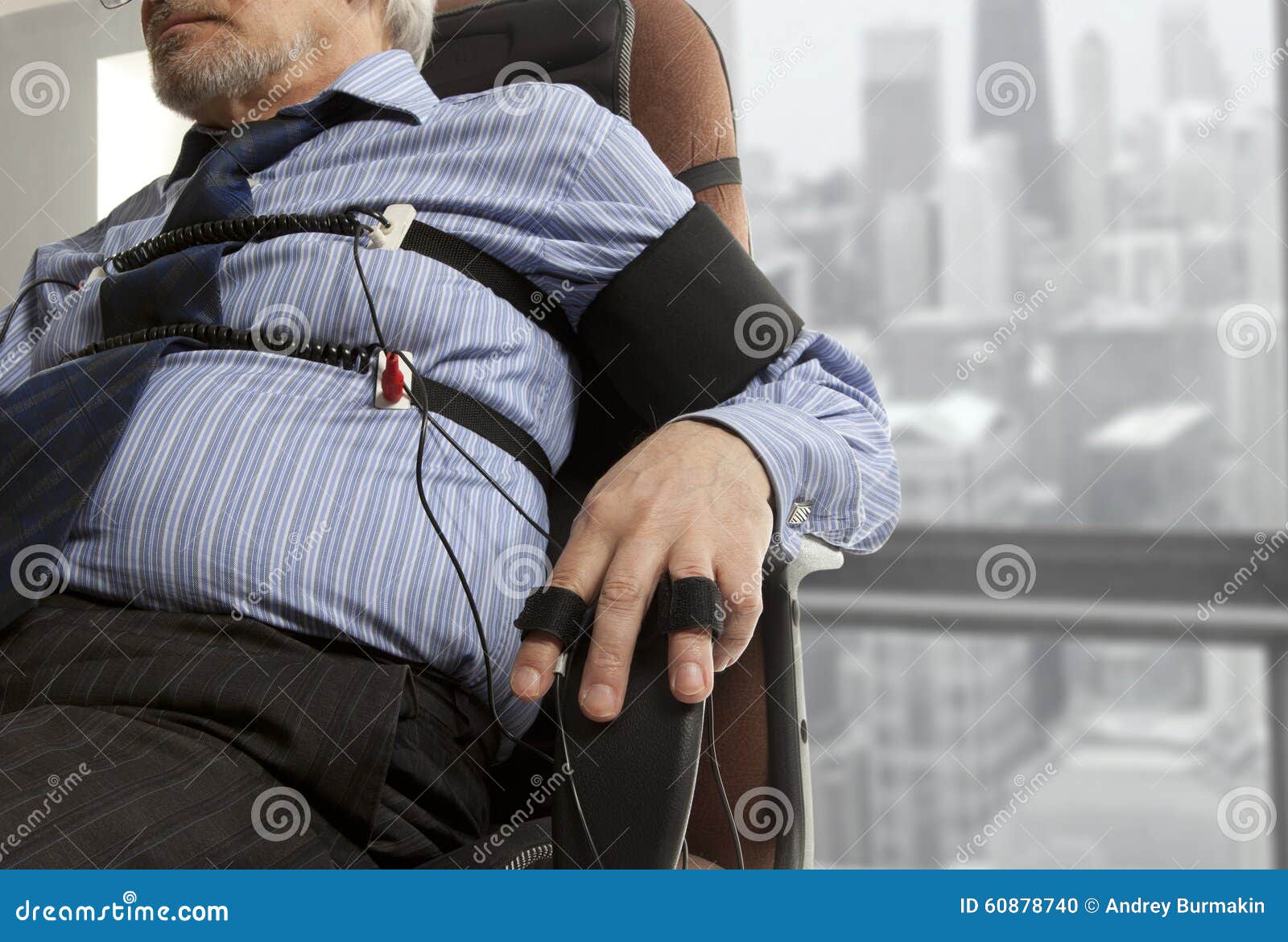
Lie detector tests, also known as polygraph tests, have long been a topic of fascination and controversy in our society. These tests are commonly portrayed in movies and television as foolproof methods for detecting lies, but the truth behind their accuracy and reliability is far more complex. The concept of a machine being able to detect deception simply by measuring physiological responses may sound futuristic, but its validity is a subject of intense debate among experts and skeptics alike.
History of Lie Detector Tests
Lie detector tests, also known as polygraph tests, have a long and intriguing history. The concept of detecting deception through physiological responses can be traced back to the early 20th century.
Polygraph
The first successful lie detector test was developed by John Augustus Larson in 1921. Larson, a medical student and police officer, created a device that measured changes in blood pressure to determine if someone was telling the truth.
Over the years, advancements in technology and research have led to improvements in lie detector tests. Despite their controversial nature, polygraph tests continue to be used in various settings, including law enforcement and government agencies.
Accuracy of Lie Detector Tests
When it comes to the accuracy of lie detector tests, there is much debate among experts in the field. Proponents argue that these tests can detect subtle physiological changes that occur when a person is being deceptive. However, critics point out that factors such as anxiety, stress, or even individual differences in physiological responses can impact the results.
One common type of lie detector test is the polygraph, which measures physiological indicators like heart rate, blood pressure, and respiration. While some studies suggest that polygraph tests can be accurate up to a certain degree, others question their reliability due to the complex nature of human responses under stress.
It is important to note that the use of lie detector tests as a sole means of determining truth or deception is controversial. Many experts advise that these tests should be used as just one tool among others in investigative processes, rather than being solely relied upon for making important decisions.
Ethical Considerations
Lie detector tests raise ethical concerns regarding privacy, consent, and reliability. While the intention behind using these tests is often to uncover the truth, there are lingering doubts about their accuracy and potential for misinterpretation. Individuals may feel pressured to undergo a lie detector test, even if they are uncomfortable with the process or fearful of the results.
Furthermore, the invasive nature of lie detector tests, which delve into personal thoughts and feelings, can violate a person’s right to privacy. The information obtained during these tests may be sensitive and potentially damaging if misused or misinterpreted. Safeguarding the confidentiality and dignity of individuals subjected to lie detector tests is crucial to upholding ethical standards in the use of such technology.
Moreover, the reliance on lie detector tests as a definitive indicator of truth can be problematic. The results are influenced by various factors, including stress levels, cultural differences, and the skill of the examiner. Drawing absolute conclusions based on the outcomes of these tests can lead to unjust outcomes and erode trust in the justice system. Ethical considerations surrounding the use of lie detector tests demand careful reflection and safeguarding of individuals’ rights.



